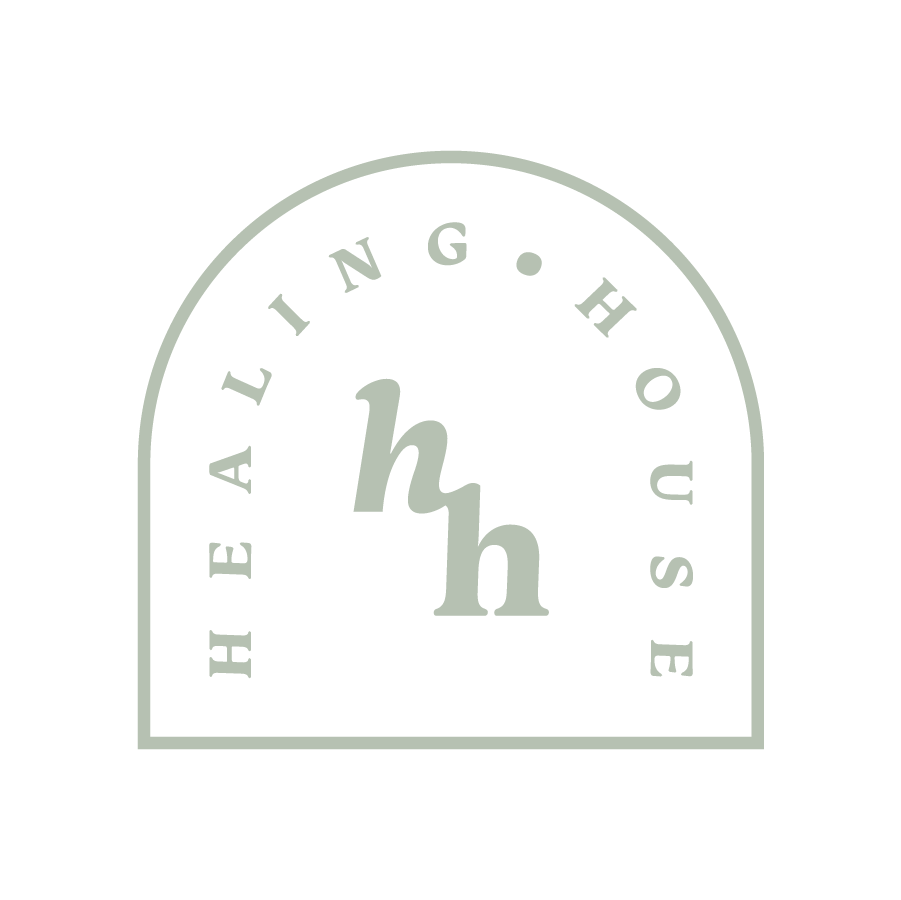Shame in Adults Abused as Children: Why it’s there and what to do with it
Adults abused as children commonly feel shame, regret, and confusion of responsibility. Some of my clients know at a cognitive level that the abuse was not their fault—but the shame still resides in their body and emotional brain. Why is shame so hard to navigate? There are many reasons, and I’ll name just a few.
1. Child Brain: child development researchers agree that we experience an egocentrism in childhood where we think the world was created for us! We think we control it. So when something good happens, children think they made it happen. On the flip side, when something bad happens, children may think it’s their fault. Now think about an abused child—it’s likely our brain filed the abuse as something bad we made happen, shifting responsibility from the abuser to the abused child.
2. Attachment is confusing: When we are children, our caregivers are our universe (even abusive caregivers). They are responsible for meeting our basic survival needs, so it makes sense we would want to be connected to them. Rather than blaming parents, it usually feels safer for children to blame themselves.
3. Control: Survivors of childhood abuse blaming themselves is the brain’s way of taking control of the situation. If you feel that you have some responsibility in the abuse, your feelings of control may increase, but at the cost of feeling ashamed and guilty. That can sometimes feel better than being helpless, so our brain takes that route.
4. Why, why, why?: Trauma is incredibly impactful—it turns our world upside down and begs the question of “why” or “why me”. Sometimes the answer a child can land on is a slew of self-blaming answers: “because I’m not a good kid”, “because I am weak”, or “because this is what I deserve”.
5. Perpetrator manipulation: Perpetrators of abuse are masters of manipulation. They may tell victims the abuse is their fault as a means of maintaining secrecy. The may tell the victim the abuse is consensual. They may tell the victim “you made me do this”. Perpetrators use any number of tactics to keep the abuse silent.
If these explanations resonate with you, you’re not alone. These are common responses, and these are beliefs you can work through. Here are some considerations:
See a counselor knowledgeable about trauma. Together you can process through some unhelpful beliefs and integrate new, more adaptive beliefs into those neural networks.
Know that changing beliefs and working through trauma is possible. As counselors we see it all the time!
Learn boundaries. Starting to learn more about responsibility and what does or does not lie in your responsibility in your adult life is a crucial step.
Invite in your adult perspective from time to time. If you find yourself thinking in this child brain mindset, that’s understandable. Practice inviting in your adult perspective and ask yourself, “who is really responsible here?”.
Learn about self-compassion. This is a useful tool for everyone. Check out Kristen Neff’s research on self-compassion here: https://self-compassion.org/.
Contact us at Dallas Healing House if you want to get started with one of our counselors specializing in trauma.
Authored by: Anna Zapata, LPC

